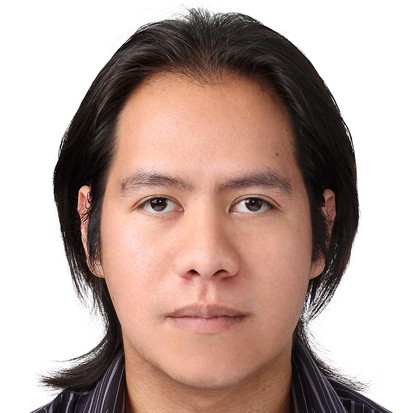Prospective Students
Are you interested in performing research on computer vision and machine learning? Do you want to create algorithms that allow machines to see and understand the world? Do you want to understand how algorithms that “see” understand? If so, you may be a fit for our group.
We are always looking for students at any level (master, doctorate, or post-doctorate). If you are interested in the previous questions, keep reading.
What are we researching?
We live in a dynamic world. Our understanding of it comes from our senses, and processing information from them to create internal models that drive us. Similarly, we are interested in understanding how to create such concepts within a machine. And, moreover, to use them to solve problems. Computer vision is a field that does that, creates models from visual cues. Machine Learning is related to understand how machines can learn these concepts and representations. We work at the intersection of both. We intend to do video understanding, that is, to understand dynamic concepts through dynamic visual cues, and to study methods and tools to understand the understanding.
Concerning the machine learning tools, we work mainly in representation learning and study the learned spaces. Currently, we have a focus on statistical methods to model the latent spaces. Nevertheless, we explore, from time to time, other approaches and related problems.
What will you be doing?
The level of novelty and innovation increases with the level in which you are enrolled (from master up to post-doctorate). However, all are expected to:
- invent, evaluate, and describe new algorithms that address our research questions;
- present research results at international conferences, workshops, and journals;
- collaborate with other researchers;
- assist in teaching activities, for example, lab assistants and student supervision;
- write a research project and its related reports (in case you are interested in a scholarship);
and in the case of master and doctorate candidates
- work towards a thesis and defend it;
- complete mandatory course credits.
What do we require?
- A degree in Artifical Intelligence, Computer Science, Mathematics, Statistics or a closely related field.
- A strong mathematical and statistical background, experience in computer vision or machine learning is desirable.
- Excellent programming skills, experience in Python or C/C++ and current deep learning toolkits is desirable.
- Good academic record and eagerness to learn and tackle challenging scientific problems.
- Fluency in English (spoken and written).
Study conditions
We have three main options for scholarships that depend on the candidate’s background and research output:
- From IC. The Institute of Computing, UNICAMP, has a set of scholarships that are given to students every semester and depend on their academic records. They are competitive and change depending on the waiting list of interested students.
- From FAPESP. The funding agency from São Paulo State gives scholarships tied to a submitted and approved research project. You are expected to write and work on a research project to obtain one of these scholarships. They also depend on the academic record of the applicant.
- From industry. There are industrial projects that arrive on demand that require research. These projects come with scholarships to students working on them. However, they are sporadic and will be offered on demand.
You are expected to be working full time in your research, that is, approximately 40 hours per week.
Application
Do you see yourself in the descriptions above? If so, send me an email (see my CV) with your academic CV, and a description of your experience on the field and how do you meet the criteria (a cover letter). In case we see a fit too, we will reach back to you.
Note that these are requirements to work within our group. Besides that, you need to apply and get accepted into the post-graduate program at the Institute of Computing.

